How to Choose the Right Ski Equipment for Your Style
How to Choose the Right Ski Equipment for Your Style
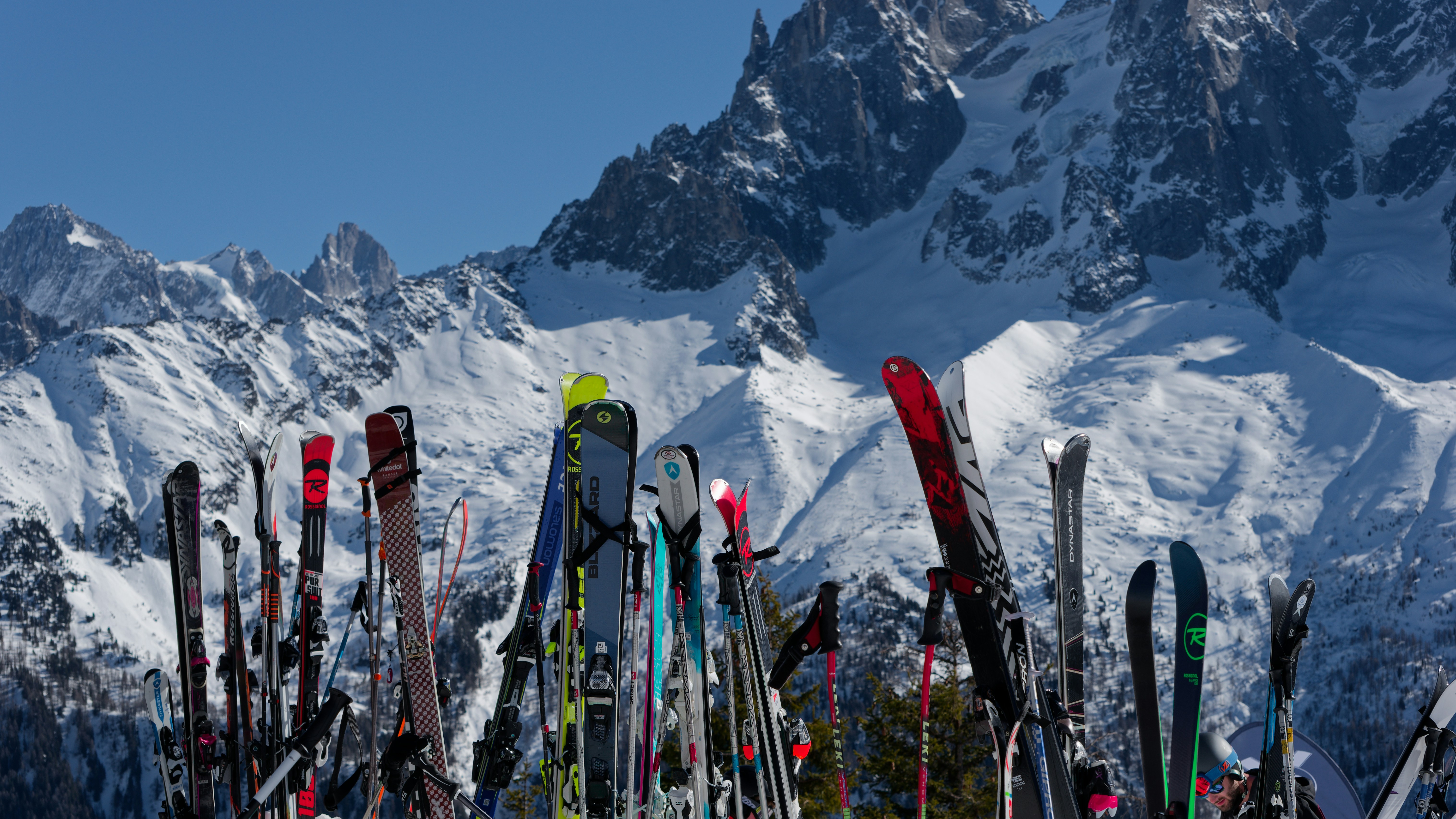
Choosing the right ski equipment can transform your experience on the slopes from frustrating to fantastic. Whether you're a beginner finding your snow legs or an intermediate skier ready to level up, understanding how different ski designs affect performance is crucial for making the right choice.
This comprehensive guide breaks down everything you need to know about selecting skis that match your style, ability, and ambitions on the mountain. We'll explore how length, flex, and shape influence your ride, and help you find the perfect match from our expertly curated collection.
Understanding Ski Types: Finding Your Perfect Match
Modern skis come in several distinct categories, each engineered for specific snow conditions and skiing styles. Understanding these differences is your first step toward making an informed purchase.
All-Mountain Skis
The Swiss Army knife of skis. These versatile performers handle groomed runs, powder, and everything in between. Ideal for skiers who want one pair that does it all.
Carving Skis
Designed for precision on groomed slopes. Narrower waist and aggressive sidecut create powerful edge grip for those who love laying down perfect arcs.
Powder Skis
Wide and wonderful. Extra width (100mm+) provides flotation in deep snow. Perfect for powder days and off-piste adventures.
Freestyle Skis
Twin-tip design for park and pipe. Symmetrical shape allows backward skiing and tricks. Built tough to handle jumps and rails.
The Science of Ski Design: Length, Flex, and Shape
Ski Length: Finding Your Sweet Spot
Ski length directly impacts stability, maneuverability, and speed control. Here's how to dial in your ideal length:
| Skier Type | Recommended Length | Performance Impact |
|---|---|---|
| Beginner | Chin to nose height | Easier turning, better control at slow speeds |
| Intermediate | Nose to forehead height | Balanced stability and maneuverability |
| Advanced | At or above head height | Maximum stability at high speeds, powerful turns |
Flex Pattern: The Feel Factor
Flex determines how a ski responds to pressure and affects its personality on snow:
Soft Flex: Forgiving and easy to bend. Perfect for beginners and lighter skiers. Initiates turns with minimal effort but may feel unstable at high speeds.
Medium Flex: The goldilocks zone. Offers a blend of forgiveness and performance that suits most intermediate skiers and varied conditions.
Stiff Flex: Demands technique but rewards with precision. Provides rock-solid stability at speed and powerful edge grip. Best for aggressive, experienced skiers.
Shape and Profile: The Geometry of Performance
Modern ski shapes have evolved dramatically, offering specialized performance characteristics:
Waist Width: Measured at the ski's narrowest point. Narrow waists (70-85mm) excel on hardpack, while wider waists (85-110mm+) provide better flotation in soft snow.
Sidecut Radius: Determines turn shape. Shorter radius (11-15m) creates quick, snappy turns. Longer radius (17m+) produces stable, sweeping arcs.
Rocker vs. Camber: Traditional camber provides edge grip and pop. Rocker (reverse camber) improves float and turn initiation. Many modern skis blend both for versatility.
Featured Skis from Our Collection

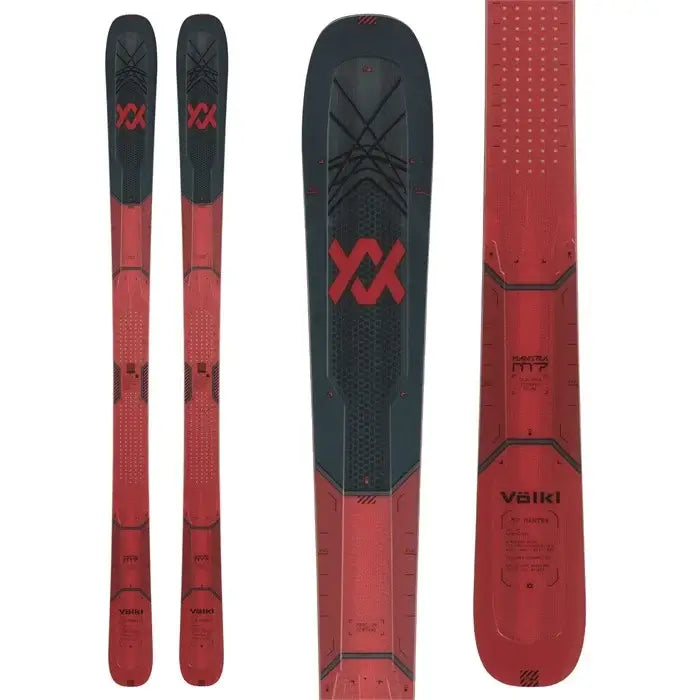
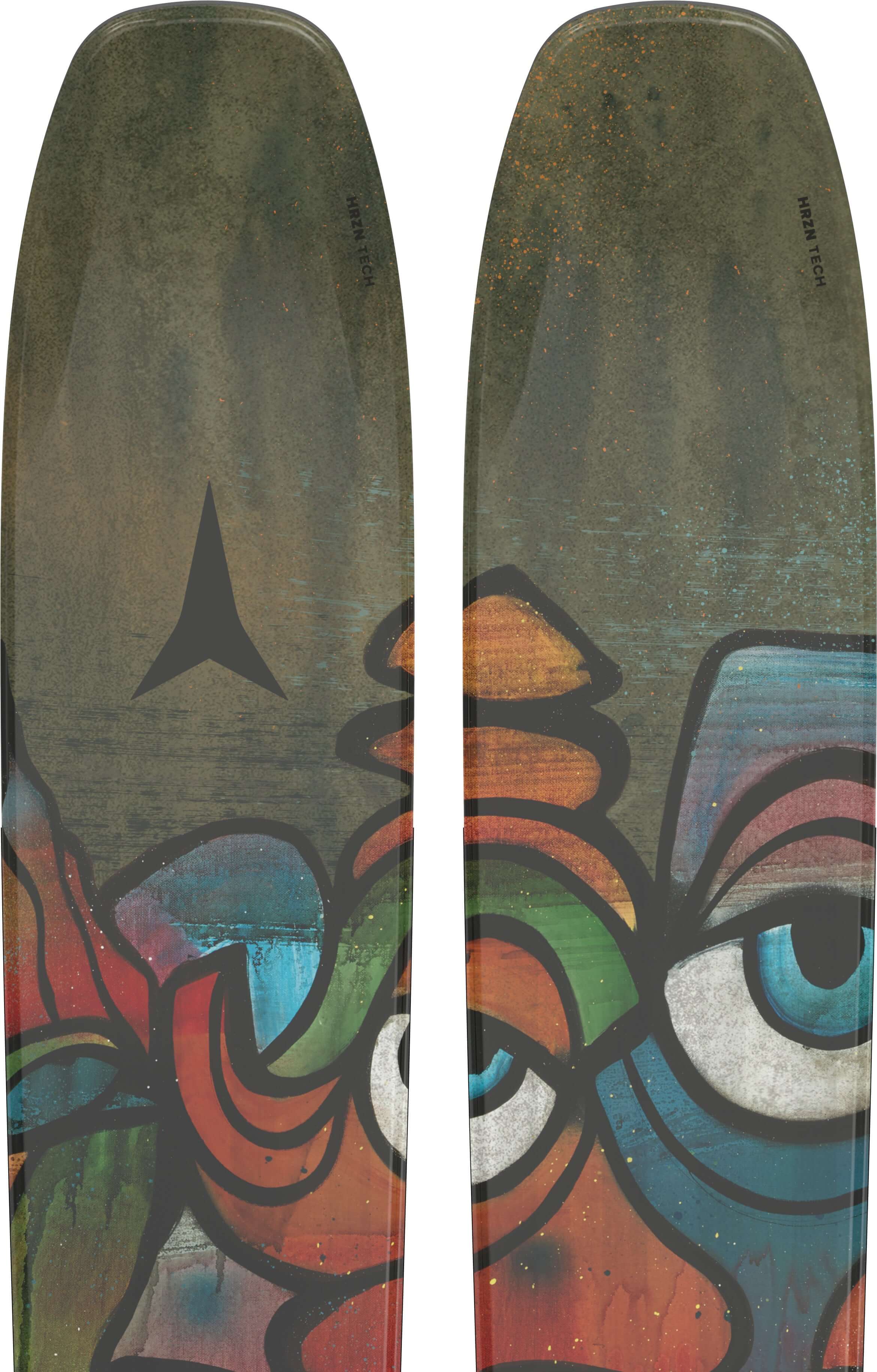
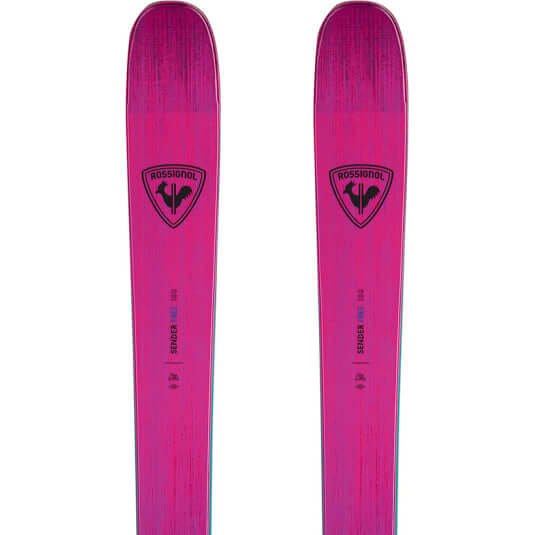
Matching Skis to Your Skiing Style
For the Cruiser
If you love flowing down groomed runs at moderate speeds, prioritize comfort and ease. Look for all-mountain skis with moderate width (80-90mm), medium flex, and a forgiving profile. These skis won't fight you and make every run enjoyable.
For the Speed Demon
Crave the adrenaline rush of high-speed carving? You need skis that won't buckle under pressure. Choose narrower, stiffer skis with full camber and a longer sidecut radius. These precision instruments reward aggressive technique with unmatched edge grip.
For the Explorer
If your ideal day involves both groomed runs and off-piste adventures, versatility is key. All-mountain skis with 90-100mm waist width and rocker-camber profiles handle diverse conditions without compromise.
For the Progression-Focused Learner
Building skills requires equipment that grows with you. Choose skis slightly longer than typical beginner length with medium-soft flex. This setup remains manageable while offering room to progress without immediate equipment changes.
Essential Skiing Gear Beyond Your Skis
While skis are your primary connection to the snow, your complete setup includes several crucial components. Quality skiing gear ensures comfort, safety, and performance throughout your day on the mountain.
Bindings: The critical safety link between you and your skis. Modern bindings should be professionally adjusted to your weight, ability, and boot sole length.
Boots: Arguably more important than the skis themselves. Proper fit is non-negotiable—too loose sacrifices control, too tight causes pain and circulation issues.
Poles: Often overlooked but essential for balance, timing, and navigation. Length should allow 90-degree elbow bend when tips are planted in snow.
Making Your Final Decision
Selecting the right ski equipment involves balancing multiple factors: your current ability, progression goals, preferred terrain, and local snow conditions. Remember these key takeaways:
• Be honest about your ability level - Skis that match your current skills accelerate improvement
• Consider where you ski most - Colorado conditions differ from East Coast ice or Pacific Northwest powder
• Factor in your fitness and style - Aggressive skiers need different equipment than relaxed cruisers
• Don't overlook proper fitting - The best skis won't perform with poorly fitted boots
Still unsure? Our expert staff brings decades of combined experience helping Boulder skiers find their perfect match. We'll analyze your style, goals, and local mountain preferences to recommend equipment that elevates your skiing.
Ready to Upgrade Your Mountain Experience?
Explore our complete collection of premium ski equipment
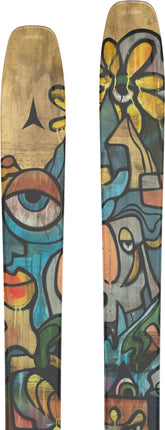

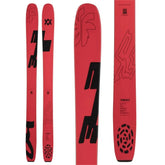

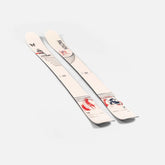

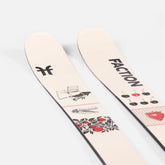



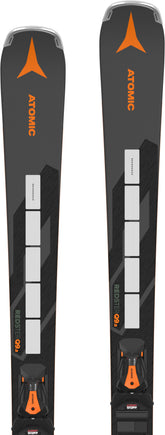


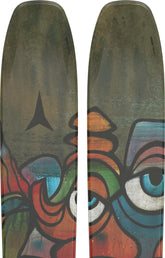



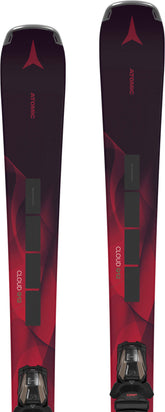

Leave a comment
All blog comments are checked prior to publishing